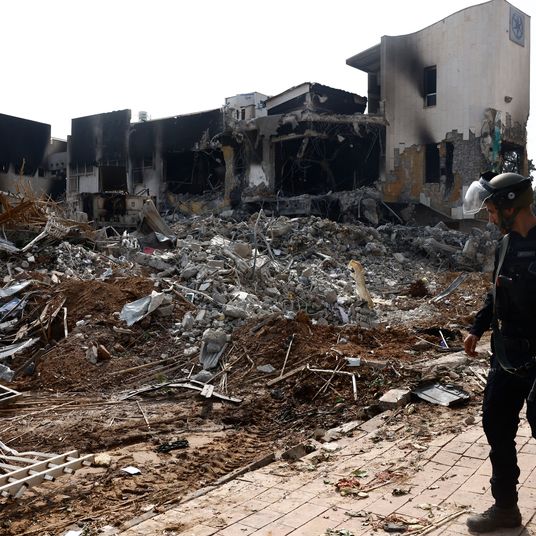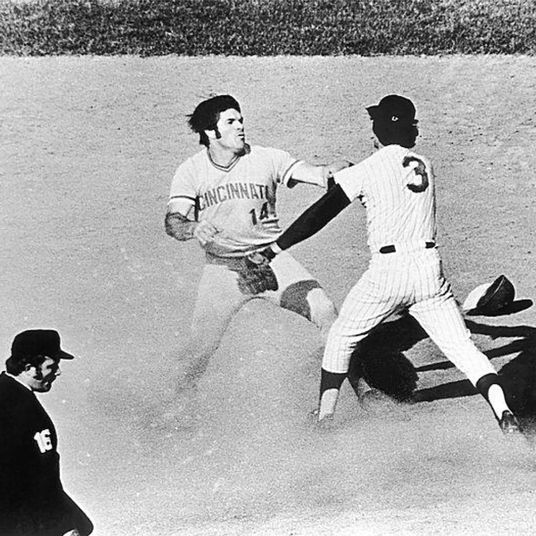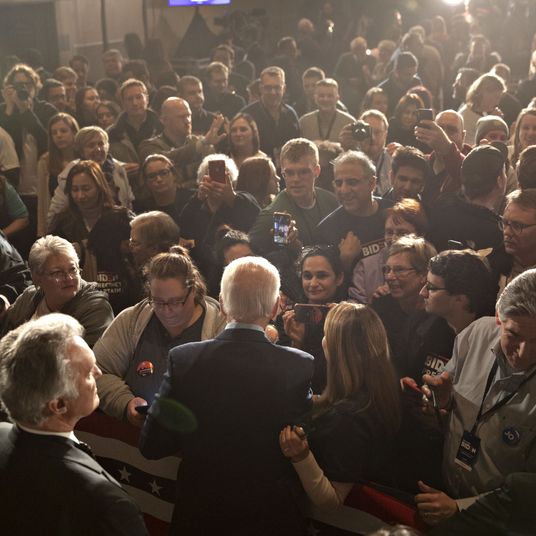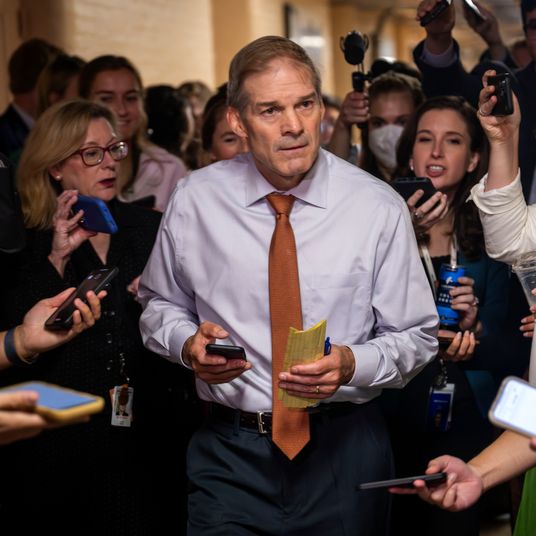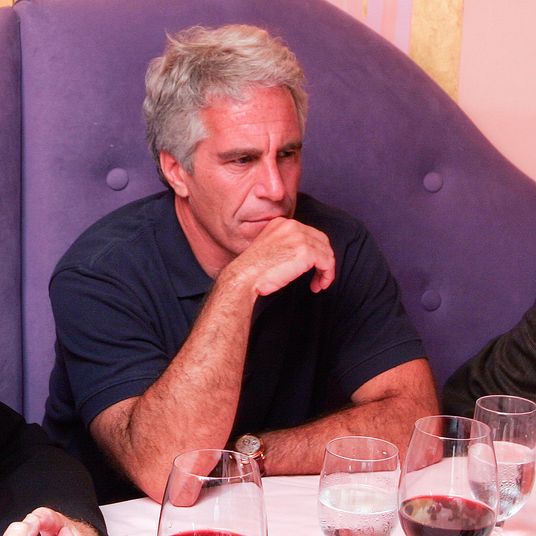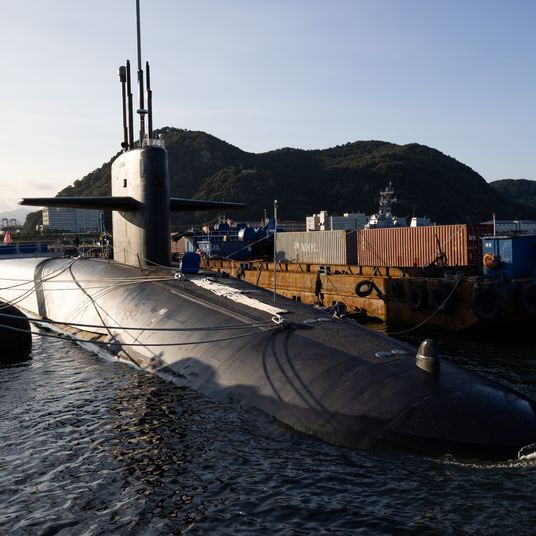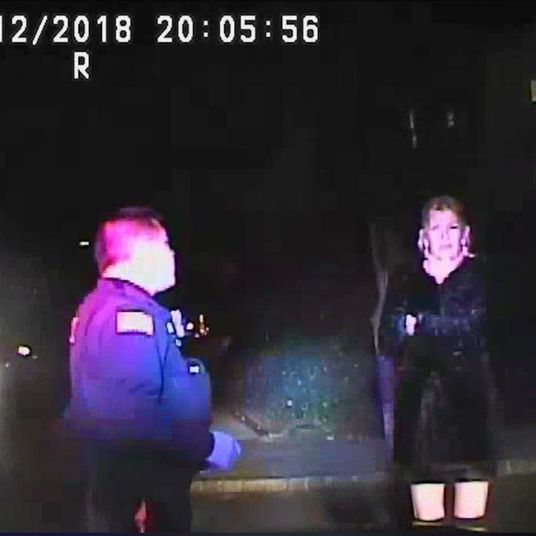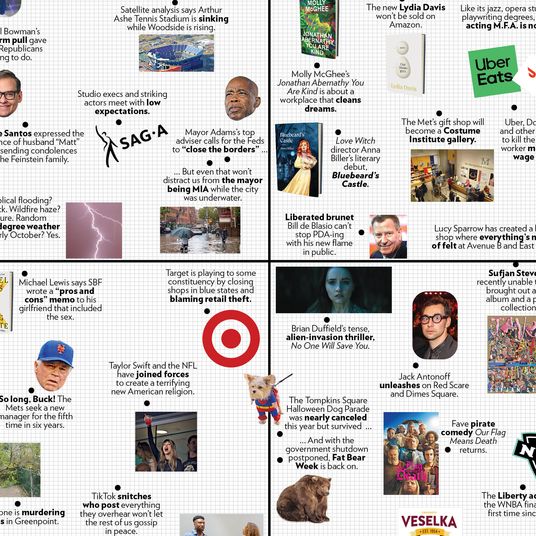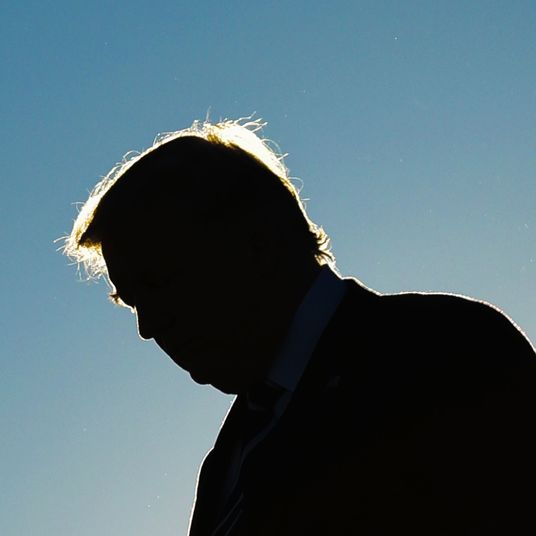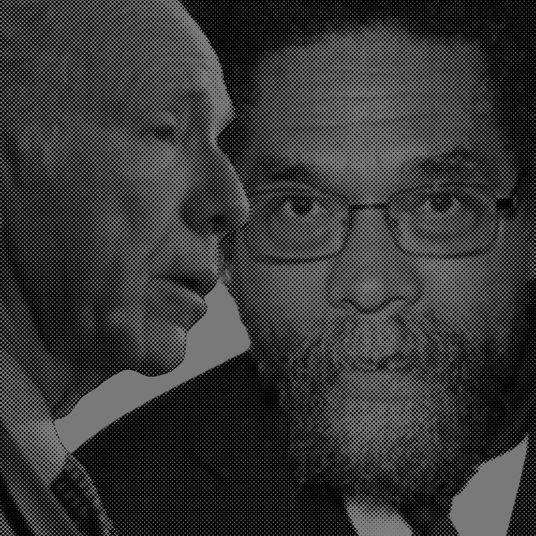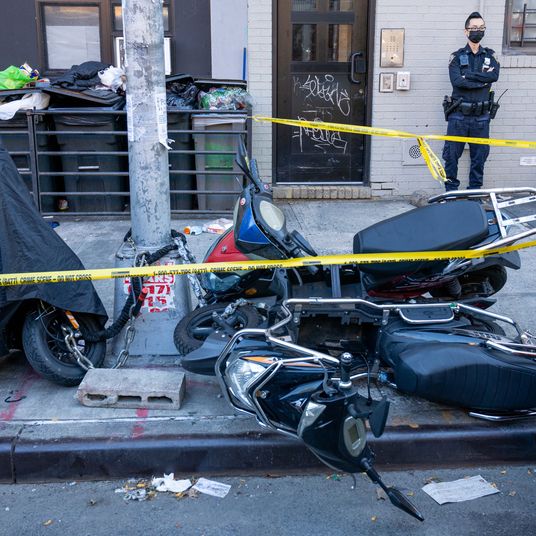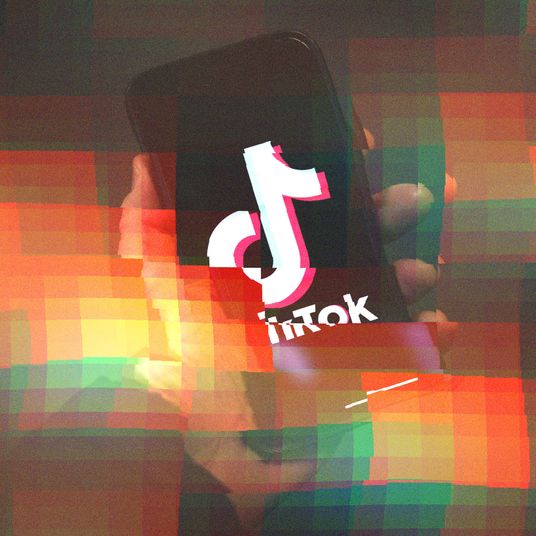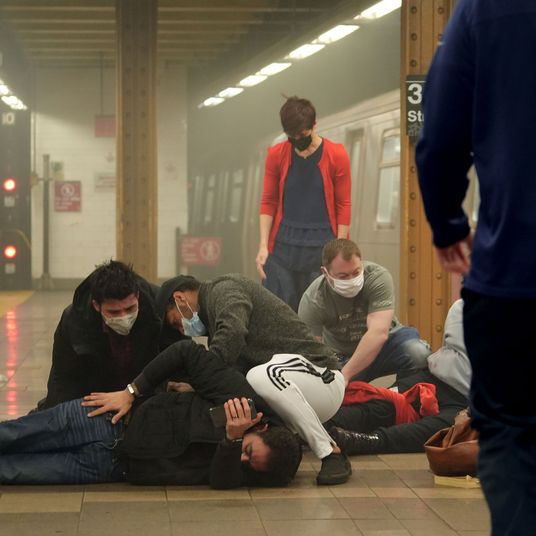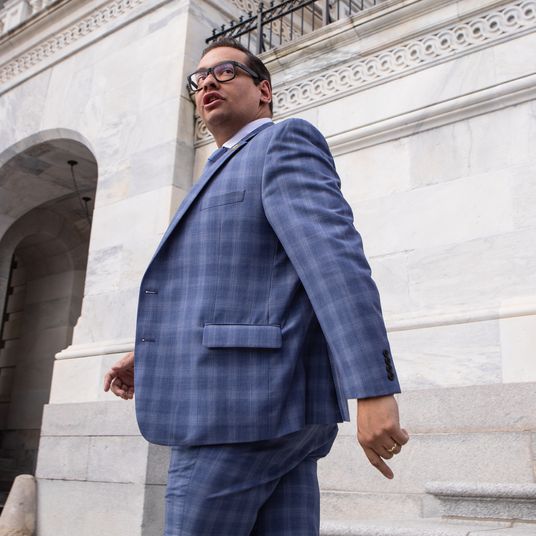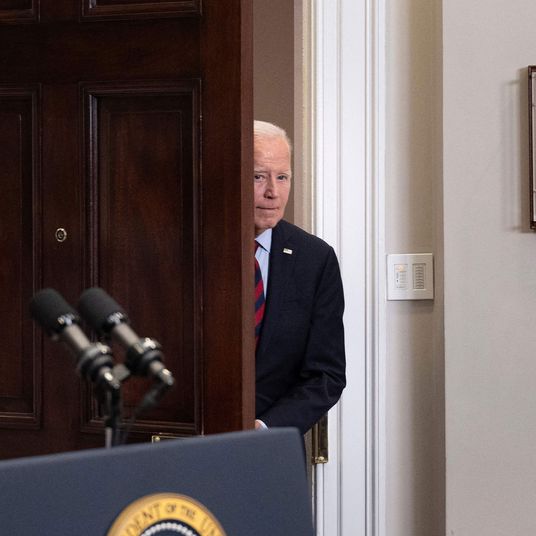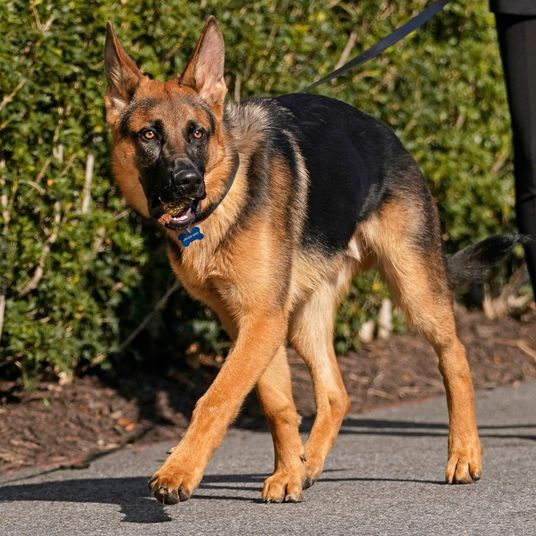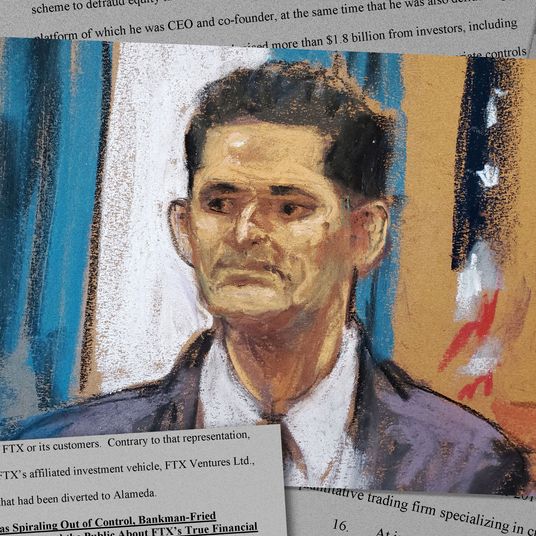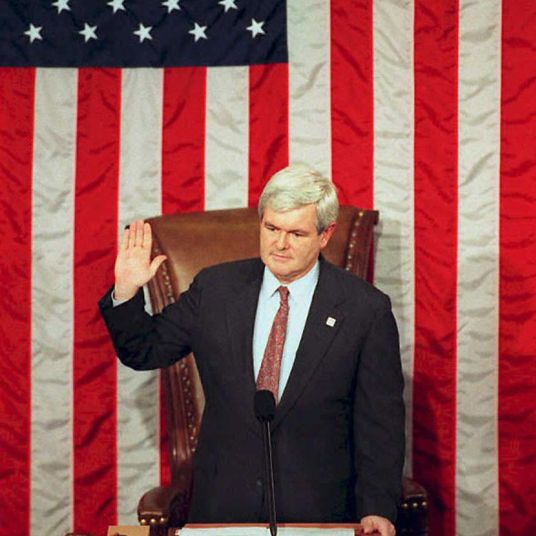After nearly two years in power, the Adams administration is finally acknowledging what has been painfully obvious for months: City Hall needs to get better at communicating with New York’s 8.4 million residents. We’ll see if the mayor’s new experimental strategy of holding weekly “off topic” sessions (at which reporters can fire off questions about any subject) will be an improvement on the longstanding tradition, followed by the last half dozen mayors, of holding open question-and-answer sessions with the press.
But some of those previous mayors, including Bloomberg and Koch, held them daily (a Newsday reporter once famously quipped that Koch “was unavoidable for comment”) and my guess is that once a week will not be often enough. Reporting on the operations, politics, and policies of a city as big and complex as New York means journalists spend every day chasing down, verifying, and clarifying a vast amount of information. A surprising number of important legal, logistical, and political questions about city operations can only be addressed or resolved by the mayor personally, and are often too urgent to wait five or six days until the next off-topic session.
We got a case study during the recent downpour that swamped and paralyzed parts of the city. Adams goofed — like many of his predecessors at City Hall at one time or another — by failing to appear in person, on camera, to warn New Yorkers about the approaching storm. City Hall later claimed that it had sent out a weather alert a little after 11 p.m. the night before the storm hit, and Adams defensively doubled down on the alibi by blaming the city’s residents for not having picked up on the middle-of-the-night alert. “If anyone was caught off guard, they had to be living under a rock,” he told WINS radio.
On the contrary: It was Adams, not New Yorkers, that was out of touch. A mayor’s personal appearance, like a president’s address to the nation from the Oval Office, sends a signal to an otherwise distracted public: Stop and pay attention. It is the only reliable way to ensure that 8 million busy people get the message that there’s something important they need to know. This hard-won knowledge of the proper way to do emergency communications is enshrined in playbooks like a manual, published in 2017 by the Centers for Disease Control and Prevention years before the COVID pandemic, called The Media’s Role in a Crisis, Disaster, or Emergency.
“One of your most important communication partners during an emergency is the media. Don’t be nervous to work with the media!” the manual says. “The media serves as an emergency broadcast system to get vital information to the people who need it most. During the beginning of a crisis, reporters are less concerned with investigative journalism or making stories more dramatic. They, and their audience, are more interested in knowing what happened and how to stay safe.”
That’s true. A few years ago, during the Obama administration, I arrived at work and was startled to see the administrator of the Federal Emergency Management Agency, Craig Fugate, taking a tour of our newsroom at NY1 News. I panicked for a minute, figuring I’d forgotten about an interview for which I was supposed to prepare, until a colleague explained that Fugate wasn’t there for a story: It turns out the FEMA boss was there to poke around and ask a few questions about our backup generators, transmission capacity, emergency staffing plans, and so forth, because local news channels are considered part of the emergency-response system. It remains a point of great pride among my colleagues that on 9/11 our reporters risked life and limb by running toward the World Trade Center alongside first responders, broadcasting vital information (including instructions from Mayor Giuliani) that the city needed to hear.
An important part of emergency communications is Adams’s need to recognize that every word out of the mayor’s mouth — long before an emergency — needs to be truthful and accurate because, when things are falling apart, people need to know they can trust the information coming from official sources. In 2001, when the World Trade Center was a smoking, toxic ruin, Christine Todd Whitman, the administrator of the federal Environmental Protection Agency, famously and erroneously said the air in the area did “not pose a public-health hazard.” She apologized for the mistake years later — but only after many people got sick.
I think about Whitman’s error every time a story pops up about Adams’s penchant for inventing or embellishing stories about his past, a habit from the campaign trail that he should have kicked on the day he was sworn in. When the next disaster hits — and there’s always a next disaster in this town — New Yorkers need to know the mayor is telling the whole truth and nothing but.
Obviously, the built-in tension between the powerful and the press — acknowledged by the country’s founders and enshrined in the First Amendment — isn’t going away any time soon. “No mayor in the history of this city has been accessible, more approachable, more on the ground than I have,” Adams said recently, which every political reporter in New York knows to be untrue.
This is the administration that, shortly after taking office, yanked a list of campaign promises called “100 Steps Forward for NYC” from its website. (Gotham Gazette posted a copy of the document online for posterity.) Many of the promises listed there — like taxing New Yorkers making over $5 million a year, selling off the air rights over public-housing developments, or publishing internal NYPD lists of problem officers — have vanished, never to be spoken of again. This is the administration that, stung by criticism after a spate of deaths, announced it will no longer inform the media when people die in custody, and whose NYPD has begun encrypting radio transmissions, which would block the media from learning about where crimes, fires, and other emergencies happen.
Instead of trying to dream up new ways to hide or contain inquiries, Adams should recognize — and set a tone from the top — that day-to-day tussling with the media over promises, policies, and politics is sometimes unpleasant but ultimately healthy and necessary. Most of the time — and certainly during a weather emergency or other disaster — an expression applies that was made famous by Marty Baron, the former editor of the Boston Globe and Washington Post. When accused of being biased against Donald Trump, Baron gave an answer that applies to the New York City press corps: “We’re not at war — we’re at work.”
